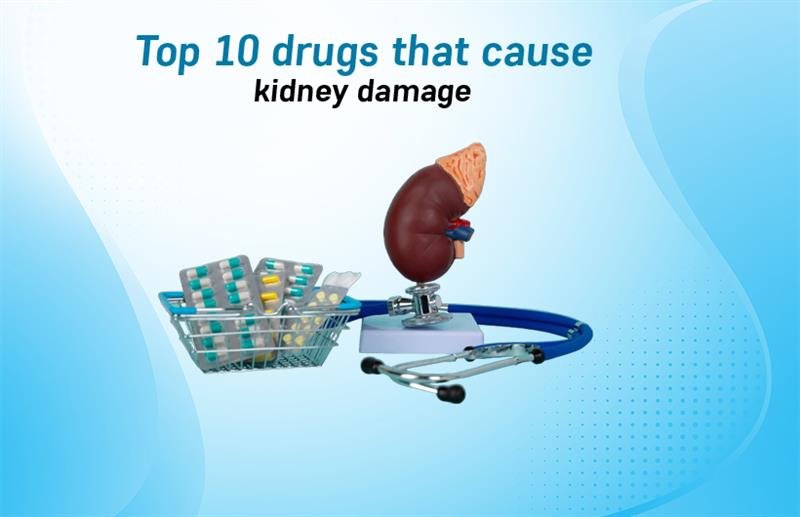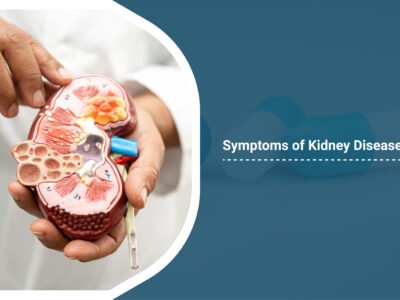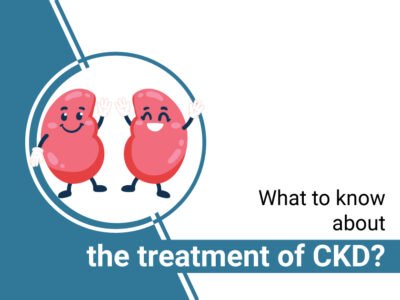Our kidneys are small but mighty organs that work around the clock to filter waste, maintain fluid balance, and regulate essential nutrients in our blood. However, some drugs when used to cure one problem can be devastating to these important organs of the body. It is significant to ask questions like “Which tablet is harmful for a kidney?” so that decisions can be made while taking care of ourselves.
Why Kidneys are Vulnerable to Side Effects?
Kidneys clear about a blood volume of 180L every day and enhance drug action to eliminate executives from our system. Due to their major function of expulsion of wastes, the kidneys are very vulnerable to toxins and other potentially harmful components in drugs. Some drugs have the potential to produce nephrotoxic effects in certain circumstances such as long-term use or high-dose use; these drugs could result in chronic kidney disease (CKD).
This blog post examines the top 10 drugs that cause kidney damage and how they impact kidney function. You should always seek advice from a doctor before stopping or modifying any of your prescribed medications especially if you suffer from kidney diseases.
Top 10 Drugs That Cause Kidney Damage
1. Non-steroidal anti-inflammatory Drugs (NSAIDs).
Ibuprofen and naproxen are examples of over-the-counter drugs categorized as NSAIDs, they are used to treat pain, inflammation and fever. Though, its use for long, or in higher doses, vasoconstrictors decrease blood flow to the kidneys elevating the risk of kidney injury. Patients experiencing kidney disease should avoid regular intake of NSAIDs as it tends to worsen their conditions.
2. Antibiotics (Aminoglycosides)
Aminoglycoside antibiotics, including gentamicin and tobramycin, are potent drugs used to treat severe bacterial infections. Though useful they are associated with kidney toxicity if used for a long time and they are one of the top 10 drugs that cause kidney damage. One has to check their blood levels and kidney functions to avoid getting some sort of damage while on these medications.
3. Proton Pump Inhibitors (PPIs)
These PPIs are very common and are used in the treatment of acid reflux and ulcers and include omeprazole and esomeprazole. Several types of research published recently have associated long-term PPI use with a relatively increased risk of CKD and AKI. You should speak to your healthcare professional concerning other treatments if you use PPIs or ask for a dosage reduction schedule.
4. Diuretics (Water Pills)
Some drugs used to control hypertension and oedema include furosemide and hydrochlorothiazide because they cause diuresis. However, they can lead to dehydration and electrolyte loss, both of which are terrible for the kidney. Use diuretics strictly as advised by your physician and drink enough water to help maintain healthy kidneys.
5. ACE Inhibitors
Lisinopril and enalapril are one of the most valuable classes of drugs for hypertension and congestive heart failure treatments. As helpful as these drugs are, they can lead to kidney problems in people with low blood pressure or lack of fluids. Kidney function tests are advised by individuals on ACE inhibitors regularly as a precaution against complications.
6. Chemotherapy Drugs
Some of the anticancer drugs such as cisplatin and methotrexate have acute adverse effects on the kidneys. As these drugs have cytotoxic effects, they affect tissues that are dividing at high speed, but they also affect kidney tissue. Kidney function is usually closely checked by doctors while in cancer patient doctors may lower doses since the kidneys may also be affected.
7. Lithium
Lithium is a mood-stabilizing drug often prescribed for bipolar disorder. Long-term lithium use can lead to chronic kidney disease due to its impact on kidney function. Regular blood tests are essential for people on lithium therapy to ensure safe blood levels and protect the kidneys.
8. Antiviral Drugs
Antiviral drugs, such as acyclovir (used for herpes infections) and tenofovir (used for HIV), can cause kidney toxicity in some patients. This is particularly concerning for people taking high doses or those with existing kidney conditions. If you are on antiviral medications, regular kidney function tests can help detect early signs of damage.
9. Bisphosphonates
Another form of Osteoporosis medication is bisphosphonates; they include alendronate. Rarely they are associated with kidney toxicity, especially for patients with compromised kidney function. Kidney function tests are usually done before starting treatment with bisphosphonates to compare possible side effects and decide on dosing.
10. Immunosuppressants
Some of the examples of the top 10 drugs that cause kidney damage are immunosuppressant drugs – cyclosporine and tacrolimus which are mostly used to prevent organ transplant rejection. However, they are damaging to the kidneys and may cause kidney damage or kidney failure in the worst-case scenario. Immunosuppressant drugs require constant monitoring of the blood levels as well as kidney function.
Precautions to Take to Avoid Kidney Damage
Drugs are often used to control various diseases, but there are steps you can take to reduce the risk of damage to your kidneys to 0 level. Here are some tips to consider:
- Stay Hydrated: It is important that the kidneys do not become strained and going for proper hydration helps in preventing it.
- Take Medications as Prescribed: Too much or intake in the wrong manner harms the kidneys. Always take the recommended dosage and speak to your doctor if you require a change in your doses.
- Schedule Regular Kidney Function Tests: If you are on these meds for a long time then the kidney function tests help to spot problems with your kidneys way ahead.
- Discuss Alternatives with Your Doctor: In some cases, there may be other preparations, which are less risky or a therapeutic dose of the substance in question. You should ask your healthcare provider if it will be possible to change to a kidney-friendly product.
Which tablet is harmful to a kidney?
There isn’t a single tablet that one can categorize as being bad for the kidneys, though there are multiple medicines that cause kidney toxicity. Possible effects on the kidneys can be provoked by NSAIDs, ACE inhibitors, certain antibiotics, and diuretics. Patients with kidney disease or other diseases related to kidneys should avoid these drugs All patients should avoid taking medications on their own.
Are There Safer Alternatives?
Yes, some medications can be replaced by less dangerous ones or taken in lower concentrations. For example, acetaminophen is less likely to cause kidney damage than NSAIDs in managing pain, but any alterations should be consulted with the doctor. Courses may need extra precautions, and the dosages of some medicines should be changed under the advice of a doctor.
Final Thoughts
Your kidneys are vital organs that should be protected through appropriate treatment while on medication that may harm them. Although drugs have the ability to treat diseases, it is very important to know some of the consequences that come with these drugs to the kidneys. , exercising moderation with medications and endeavouring to take medications in moderation, avoiding self-prescribing drugs, or popping pills recklessly, and checking one’s laboratory results to make sure the kidneys are not being affected, the danger of drug high kidney damage is minimizable.
Consult Dr. Ravi Bhadania
If you have any concerns about a medicine that may harm your kidney, then you may seek advice from an expert. Dr. Ravi Bhadania is a kidney specialist in Ahmedabad which means he can advise on current medication taken into the kidney to help one find safer medication and ways to improve general kidney function.
There is no better way of protecting the kidneys than informing yourself on the possible side effects of medication. Please remember that advice from this page should not replace the consultation with a healthcare professional.


